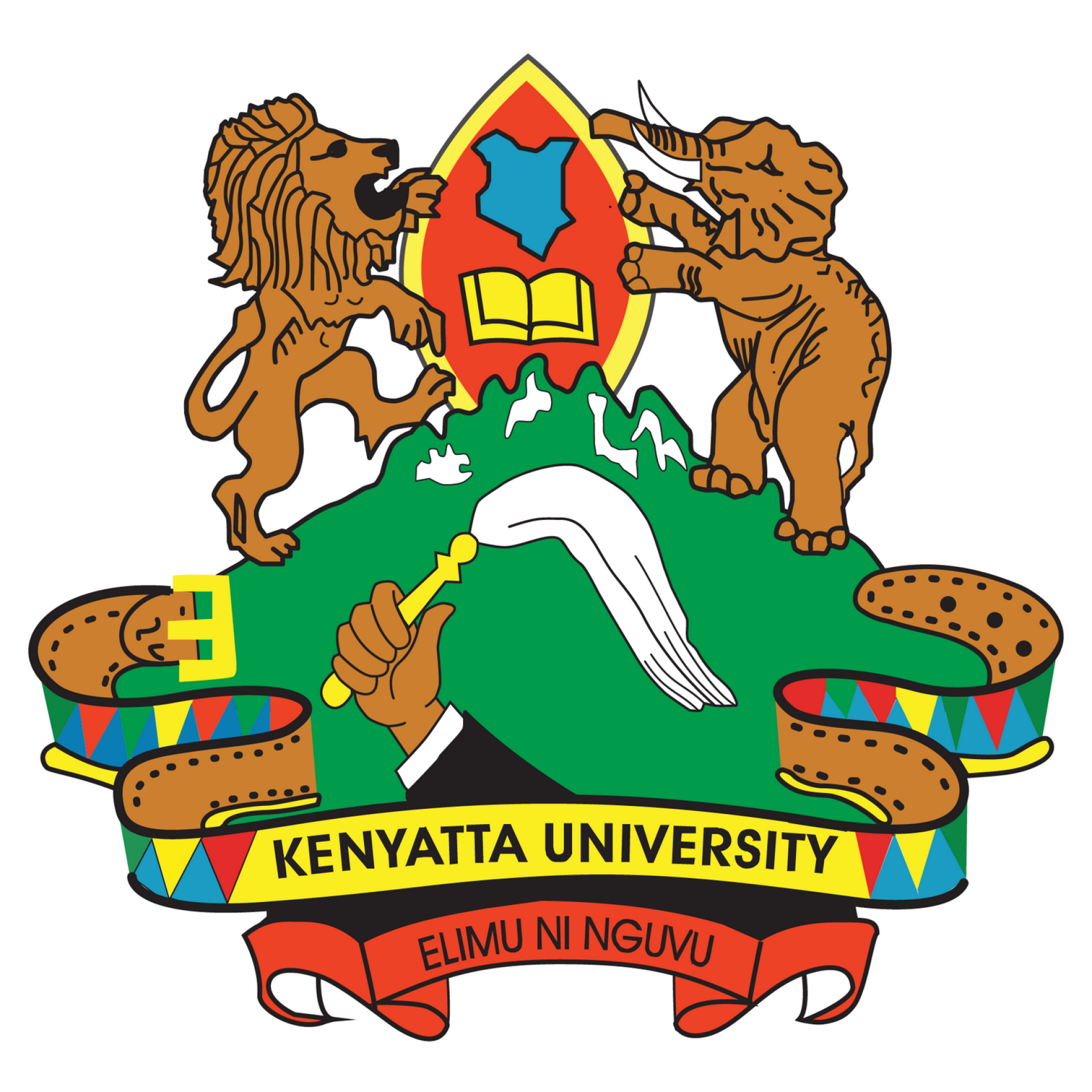
Leibniz University Hannover (LUH) has more than 29.000 students and 3.500 researchers in 9 faculties and over 150 institutes.
The Institute of Special Education is one of the largest institutes of the LUH and belongs to the Faculty of Humanities. The scientific spectrum ranges from basic research to highly specialized research questions concerning people in their whole lifespan and with different challenges and impairments. The Institute offers 3 study programs which can be studied with different orientations. There is one polyvalent Bachelor program, one Master of Education and one Master of Arts.
To cover a huge variety of different topics the Institute of Special Education has 11 different departments with specific teaching and research focuses.
One of it is the department of Speech-Language Therapy and Inclusive Education. It contributes to the Bachelor and to both Master programs. The Master of Education for special education has the specialization area: communication and language. The Master of Arts focuses on speech-language therapy (fully authorized by national health insurances) and is conducted in cooperation with the Hannover Medical School (MHH).
Furthermore the Department of Speech-Language Therapy and Inclusive Education is dedicated to research of education, rehabilitation and social participation as well as assessment and therapy of people with speech-language, communication and hearing impairments during their whole lifespan. One of the department´s research focuses are global issues in Speech- Language Therapy. The department has a longlasting cooperation with different international partners, especially in sub-saharan Africa.

The Muhimbili University of Health and Allied Sciences (MUHAS) started as the Dar es salaam medical school in 1963. The school then transformed into the faculty of medicine of the university of Dar es salaam that in 1991 was upgraded and became a college–the Muhimbili University College of Health Sciences (MUCHS). In 1996, the Faculty of Medicine that was upgraded to a constituent College of the University of Dar es Salaam, with the aim of nurturing it to a full-fledged university later on was merged with the Muhimbili hospital to create the Muhimbili Medical Centre (MMC). Subsequently, in 2007 established MUHAS; in line with the Universities act no 7 of 2005.
The objectives of the University are the advancement of knowledge, diffusion and extension of technology and learning, the provision of higher education and research and, so far as is consistent with those objectives, the nurturing of the intellectual, aesthetic, social and moral growth of the students at the University. MUHAS has one campus Muhimbili Campus situated in Ilala Municipality, in upanga along United Nations Road. MUHAS has a range of programmes in biomedical, clinical and allied health sciences. These programmes are taught in the five Schools and one academic Institute of the University.

Kenyatta University (KU) is a public university located in the outskirt of Nairobi City County, Kenya. It became a fully-fledged University through the Kenyatta University Act of 1985 and was later awarded a charter in 2013 with a vision of becoming a dynamic, inclusive and a competitive center of excellence in teaching, learning, research and service to humanity. The University’s mission is to provide quality education and training, promote scholarship, service, consultancy, innovation and creativity and inculcate moral values for sustainable individual and societal development. Kenyatta University is ISO 9001:2015 certified. 1.1.2 The Kenyatta University Charter and statutes outline the institution’s governance structure. At the helm is the Vice-Chancellor who is the Chairperson of the University’s Senate which is the top academic decision making and quality assurance organ of the University. Under the Vice-Chancellor, Kenyatta University has four divisions headed by Deputy Vice-Chancellors namely; Academic, Administration, Research, Innovation and Outreach as well as Finance and Development. Under the Divisions are the 19 schools, one of which is School of Education that has 7 departments.
Of special interest is the Speech Base project which is under the department of Early Childhood and Special Needs, one of the departments in the School of Education. The department has 3 programmes, i.e Early Childhood studies, Special Needs Education and Speech and Language Pathology (SLP). The current project is localized in the SLP section. Currently, SLP program is offered as a graduate course. However, the undergraduate curriculum is being developed.

The University of Pretoria (UP) is one of the largest contact universities in Africa with 53 152 students in 2019. It was founded in 1908, and has 9 Faculties and a business school. UP has 140 academic departments and 85 centres and institutes spread across 7 campuses. Two UP entities are participating in this project: The Department of Speech-Language Pathology and Audiology and the Centre for Augmentative and Alternative Communication.

Kilimanjaro Christian Medical Center is a large hospital in Moshi, Tanzania, opened in March 1971 by the Good Samaritan Foundation. It is the referral hospital for the Kilimanjaro region.